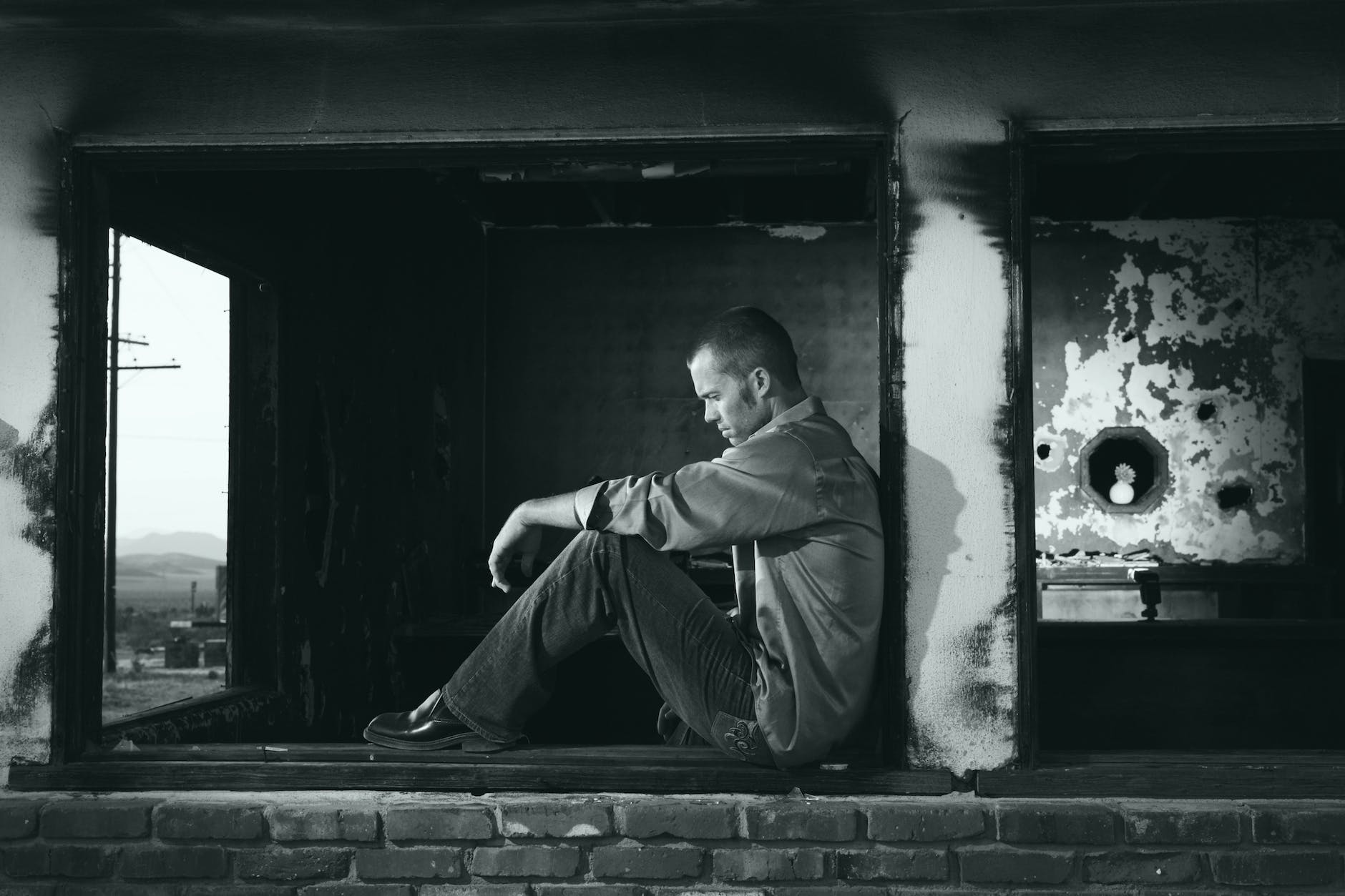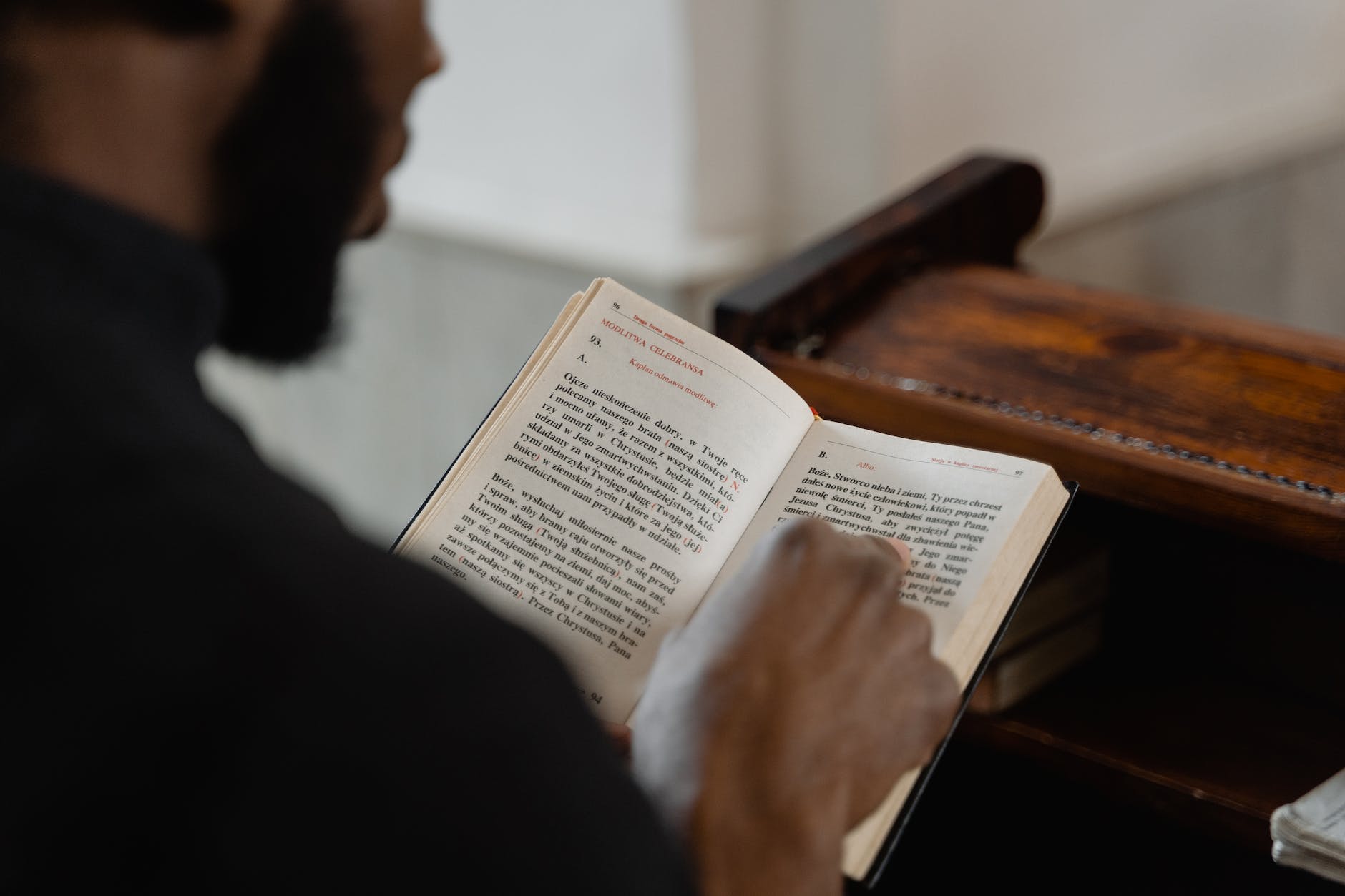A Simple Yet profound way to find freedom in faith powered action!
What Do I “do” When Someone Needs Recovery, and I Want to Help
I remember when I was in early recovery, and later while being trained to help others in recovery, I learned that there were four options for working with others on that journey.
- Do “to them.”
- Do “for them.”
- Do “nothing for them” or “nothing to them” at all
- Do “with them.”
The correct option is almost always the fourth one to most reading this. I was taught that “doing to” someone was forcing recovery stuff down someone’s throat without them learning to be able to help themselves long-term. “doing for” a person is probably codependent. It will inevitably make it easier for them to return to the addiction or at least make them utterly reliant on you to do anything. “doing nothing” is just shrugging off a person in need, but “doing with” is a balanced way of guiding a person through what they need to do and learn in a way that eventually should build to a point where the person should be able to do entirely on their own without my assistance.
All of this is nuanced, and how much “doing with” depends on the situation and needs, but one fact is critical to the “doing with” idea: THE PERSON HAS TO BE DOING SOMETHING! (or aren’t you really “doing for”)
Various programs and ideologies will give all kinds of things to do and not do. For example, there are the Twelve Steps that you have to do; there are rules in recovery programs, whether residential or outpatient; a counselor will have rules and boundaries and some limitations set by the state and other governing bodies. Even if there was some form of intervention, there were probably some boundaries set and on and on.
Bible-Based Recovery Lessons from James

The New Testament Book of James is a great place to start in a Judeo-Christian context for straightforward and quite helpful to-do and not-to-do instructions. The instructions contained there can be learned as more global concepts and an overall encompassing lifestyle we should be aspiring to live. Those exact instructions also have very specific instances and examples of what each global concept looks like in day-to-day life.
Because of this book’s focus on what it looks like to live out the Biblical journey of faith practically and written as if written to believers who are skeptics about what the faith walk looks like, it is an excellent book of the Bible to shape a faith walk and recovery lifestyle from.

A “Recovery Lifestyle”
Why in the world did I use the words “recovery lifestyle?” Simply put, “If you keep doing the same things, you will keep getting the same results.” I’m sure there are variations, and not everyone struggling with various addictions is the same. Still, those of us with the most severe addictions have whole systems of thinking, social systems, feelings, emotions, etc., that have adjusted our lives and become systems that inevitably drive us back to addictions. At some point, addiction is a part of everything about us and is felt by everyone around us. To stay around us, the people who care about us have also become a part of the system that leads to our addiction, and on a more honest level, our world has become a giant destructive system that will inevitably destroy us and take those anywhere near to us down in the process.
The harsh reality is that, at some point, we can no longer trust our own brains. Our thoughts, feelings, and desires can no longer be trusted; sooner or later, all of the people still around us are either a complete and central part of this self-destructive system or are trying to help us but find themselves making the problems worse by accident. At that point, whatever we are addicted to becomes our primary source of what we think is happiness and satisfaction, but that is entirely artificial. After a while, reality even makes that fade.
This insidious life-eating destroyer poisons everything associated with you. Some people are able to make the destructive force less obvious. These folks with the subtle destroyer are often given titles like “functional addict” or “not-so-bad.” They are confused with other people who can do things like; drink and still function without issue, use only socially, gamble responsibly, or whatever it is, but those people live in an entirely different world.
It is a hard reality to face, but face it: there are people out there who can drink or use their addiction and function, “BUT I AM NOT ONE OF THEM!”
If this is the case, there is no tinkering with this or that or small adjustments that will magically fix everything around you, as if your world is a giant row of dominoes, and you need to find the first one to push to make them all fall. That insidious lie will keep us trapped in the various cycles that slowly will eat our souls and devour the world around us.
I am not minimizing any, even seemingly minor, progress anyone makes in recovery. Any step in the right direction is helpful. Still, a problem of this magnitude requires a similar volume of change.
It is a journey of many miles, and any step in the right direction is progress. No matter how small a step.
Faith is a great power! The idea of an all-powerful God implies that He can do anything He wants, and He gave us freedom: even the freedom to be addicted to things and destroy ourselves and the world around us.

Freedom and Why We Relapse
Now, let’s look at a deeper aspect of this freedom:
43 “Now when the unclean spirit comes out of a person, it passes through waterless places seeking rest, and does not find it. 44 Then it says, ‘I will return to my house from which I came’; and when it comes, it finds it unoccupied, swept, and put in order. 45 Then it goes and brings along with it seven other spirits more wicked than itself, and they come in and live there; and the last condition of that person becomes worse than the first. That is the way it will also be with this evil generation.”
For the sake of context, this is immediately after Jesus had just cast an actual evil spirit out of a person in Matthew 12:22-29. This could be a vast rabbit hole we go down, or if we take a simplified look at this passage, it can help clarify a significant and central concept for problems of this magnitude. In a much larger sense, this passage helps us gain a bit more understanding of the character of God. (…and I love to go flying down rabbit holes, but I will resist the urge)
Even with this extreme case where Jesus himself has cast a demon out, he states that if the person does not change the way he is, the demon will not only come back, but the person will end up worse than if he had not cast out the demon in the first place. This truth encompasses all major issues causing evil in our lives. Free will not only allows us to participate in evil but free also allows us to build self-destructive habits and self-destructive surroundings that keep us trapped by our destroyer.
In the case of the evil spirit mentioned in Matthew 12 that was cast out, the “final state” is self-created by invitation. The fact that the person has not changed their lifestyle is the invitation for the evil to come back and bring a worse level than before it was gone.
Remember when I mentioned the four options for working with others in recovery?
- Do “to them.”
- Do “for them.”
- Do “nothing for them” or “nothing to them” at all
- Do “with them.”
Casting out the evil alone is “doing to” or “doing for.” Not casting it out because the man would probably end up worse than he originally was would be “doing nothing.” Casting out the evil and then giving an extended teaching on how the evil may be gone but now life change has to happen, or the evil will come back several times worse than it was in the first place in an environment where the man was free to continue to follow Jesus and learn and change was an obvious “doing with.”

James on Recovery, Faith, and Taking Action
This is a call to change. If the evil in our lives is miraculously cast out, we still have to change. If it is not miraculously cast out, we will have to change to get it out and then change more to keep it out. No matter what, the constant is “CHANGE.”
The faith and power of Jesus can cast out evil from a person, and without actions that lead to change, that person will still end up with greater evil than was originally the case.
20 But are you willing to acknowledge, you foolish person, that faith without works is useless?
“Faith” was the starting point and the miraculous power that opened the door to change. In this story (and many), the “faith” opens the door. In this story, with a demon-possessed man who was blind and could not speak, the faith of Jesus created the opportunity to change and was a necessary starting point, but that faith had to lead to action. We are not told what specific evil led to this man being in this state, but we are told that if he remains the same, the evil will come back with reinforcements leaving that man in a worse state than if Jesus had left him alone.
The Book of James is a tremendous help in this change process. It is a simple and practical roadmap that outlines how to translate your faith into action, and doing those actions consistently is “change.” The Book of James is a simple roadmap for our change. “Faith that leads to works” is central to recovery.



